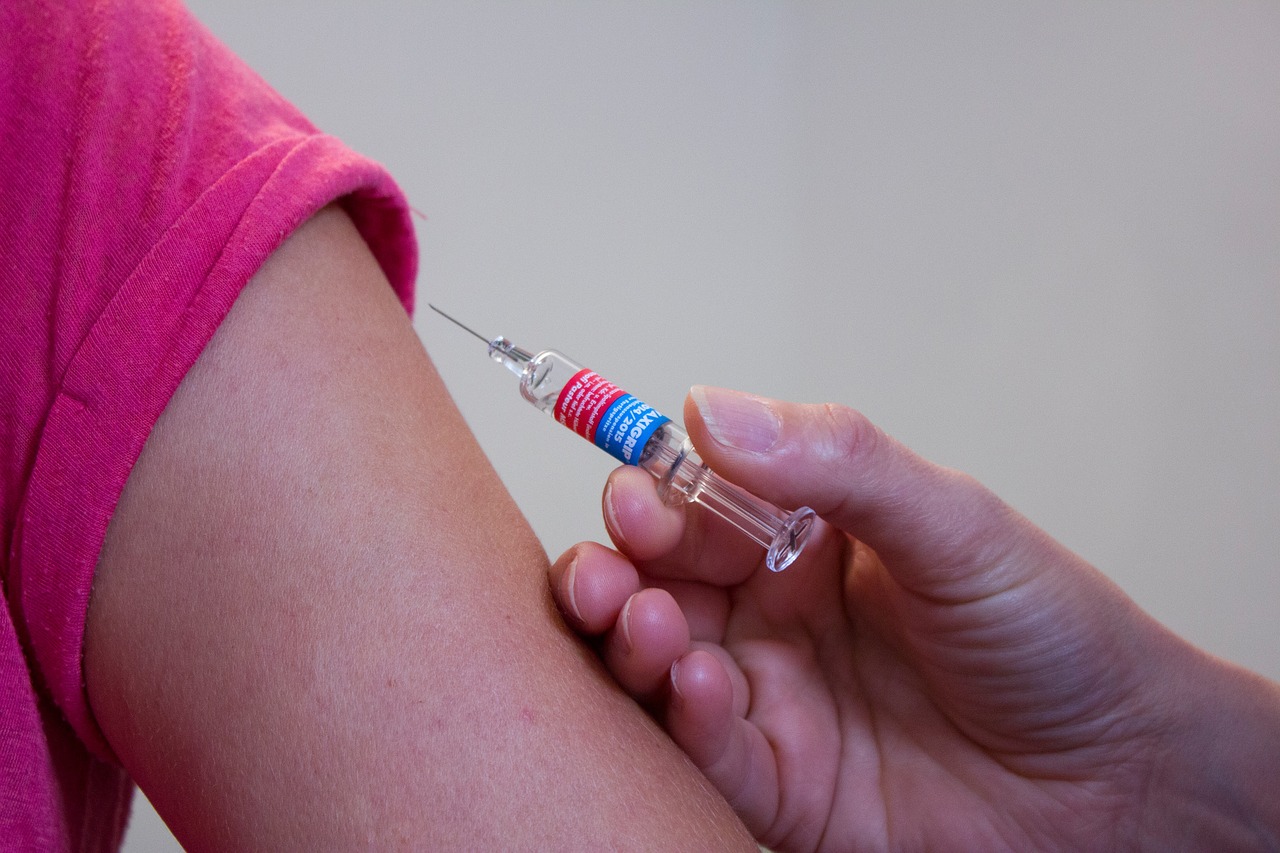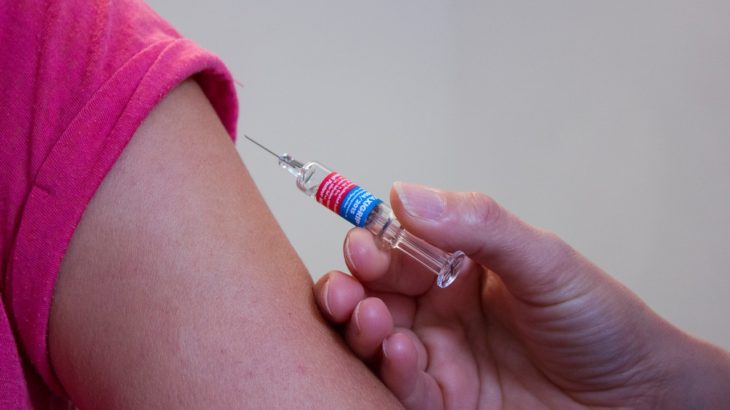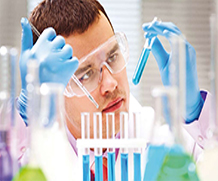Regarded as one of the biggest Pharmaceutical breakthroughs of the 20th century, the introduction of the measles vaccine to the masses in the early 1960s brought the total count down by thousands per year, which later lead to the mass eradication of the dreaded disease in several parts of the world.

As of 2013, the number of measles cases in countries such as the UK and some other parts of Europe dropped to almost zero.
Perhaps the most noteworthy success story of immunization was the total eradication of polio in India back in 2014.
A few decades ago, however, a former British medical researcher, Andrew Wakefield, sparked off a notion that some vaccines were directly linked to autism in children. He even got a journal published on the same without valid peer review. This caused widespread fear and hysteria among people across Europe and the US.
But the day was saved after scientists pointed out that Wakefield’s journal and research were fraudulent, and proved it by successfully demonstrating, through experiments, that vaccines had no relation to autism.
But the conspiracy theory refused to die out, ultimately leading to a landfall in immunization rates, especially in 2014 and 2016.
As per experts, populist politics in some First World nations lead to an increased strengthening of the anti-vaccination and anti-science lobby.
Several experienced scientists and medical professionals expressed fears that these groups were jeopardizing public health. And to confirm their fears, Measles, which was declining and dormant for quite a while, is threatening a potential outbreak in the UK and the US – two nations with the strongest opponents to vaccination.
To allay these dangerous misconceptions, we will elicit answers to questions people generally have about vaccines, from the most esteemed public health organizations across the world.
1. Are Vaccines Safe?
Yes, they are. Any (licensed) vaccine undergoes rigorous tests across multiple phases of clinical trials before it is approved for usage and regularly reassessed even after sale.
Scientists are also constantly monitoring information from several sources for any sign that a vaccine may cause an untoward event. Patients at times show allergic reactions to vaccines. But these are restricted to mild fevers and rashes, and have never shown any adverse effects throughout their history.
You are far more likely to be seriously injured by a vaccine-preventable disease than by the vaccine itself.
As examples, polio can cause paralysis, measles can cause encephalitis and blindness, and some vaccine-preventable diseases can even result in death. But none of the vaccines that treat these diseases have reported any harm other than minor, treatable reactions.
2. Which Provides Better Immunity – Vaccines or Natural Infections?
Vaccines provide better immunity, as per decades of scientific evidences gathered. Natural infections can cause permanent cognitive impairments, liver cancer, birth defects and other lethal complications.
3. Is it Necessary to Get Immunity against a Disease That Doesn’t Exist in My Surroundings?
It is mandatory to get immunization for all diseases. Although vaccine-preventable diseases are now uncommon in most nations, the disease carrying pathogens still exist. Once a few generations are denied vaccines, the immune system is no longer safe from these diseases.
4. Is It Safe for My Child to Get More than One Vaccine At a Time?
Yes. Scientists have discovered that administering more than one vaccine at a time has no negative effects, and instead acts as a firewall for the immune system against viral and bacterial diseases.
5. Which Disease Do I Need to Look Out For Most?
It is advised to get immunity against all known diseases. However, Influenza is the most lethal disease that needs vaccines against. Influenza strains affect children, pregnant women, and patients of chronic diseases. An influenza vaccine reduces the risk of even future generations contracting the disease.
6. What About Thiomersal and Autism Which I Am Being Warned Against?
Thiomersal has been proven to be a completely safe preservative and helps prevent bacterial and fungal growth. All concerns so far have been hypothetical and debunked by years of research in pharmaceuticals, immunology, virology and biological evolution.
As mentioned earlier, vaccines do not cause autism. However, science changes its stance once evidence against this conclusion is provided.
What to Make of the Situation
Any conclusion that involves health or progress of an individual or a group must be arrived only after carefully examining scientific evidence via experts, in order to prevent any unexpected consequences.
Which raises an important question – in light of strong evidence for the efficacy of immunization, is the anti-vaccine lobby committing an act of involuntary manslaughter by denying medication to our progeny?









